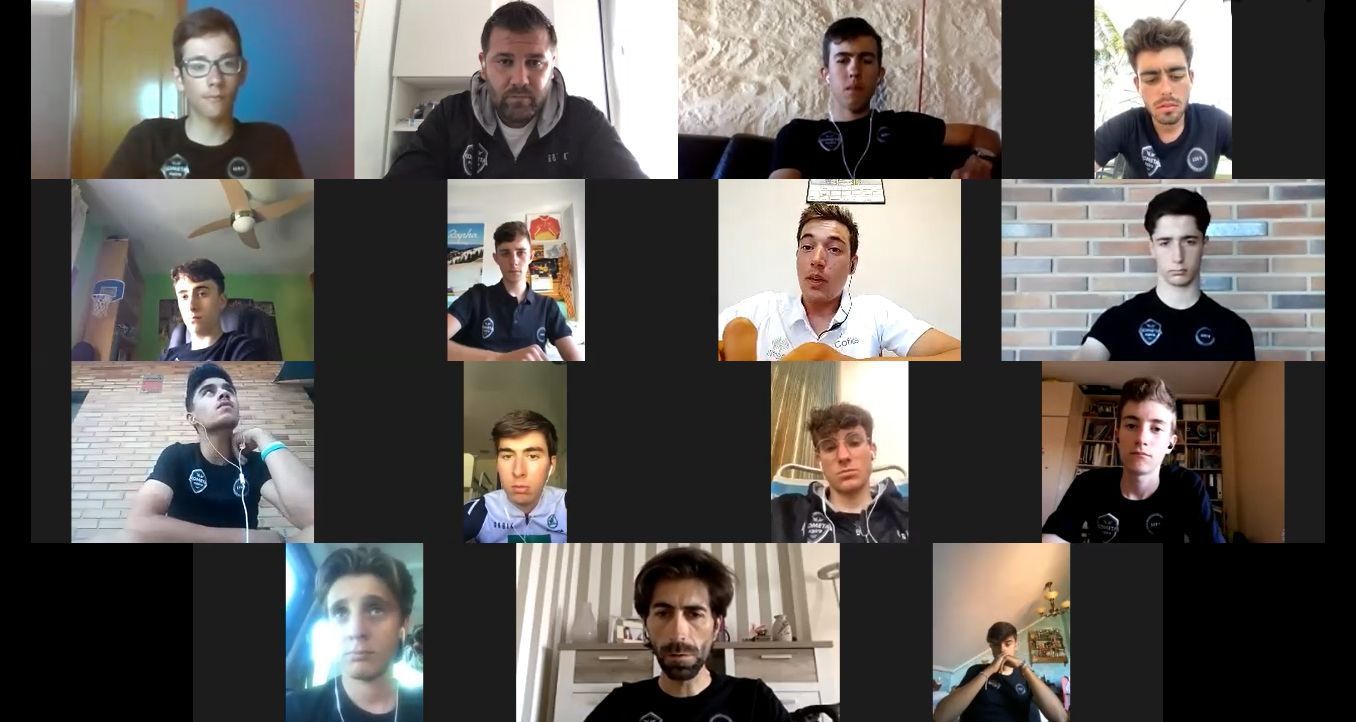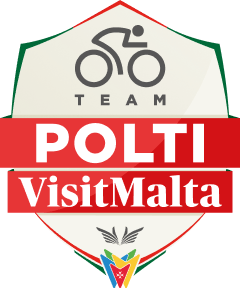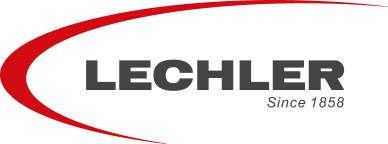An afternoon livened up by the ‘WorldTour’ experiences of the rider Fernando Barceló

A little surprise for the members of the Kometa-Xstra Cycling Team junior. The team regularly meets through the Zoom platform and in the last one, held this Tuesday 22nd June, they had the presence of a professional like Fernando Barceló, a World Tour rider enrolled in Cofidis. “Fernando is a crack talking and the guys were delighted”, said Guillermo Gutiérrez, director of the Kometa-Xstra Cycling Team junior.
The rider from Huesca is another of the riders who have made the leap into the professional field after spending his formative years in the sports structures of the Alberto Contador Foundation. Barceló competed two years in the junior team and another two with the u23. “I felt like a professional when I arrived. Imagine the change. You come from the cadet category, jump to a new category and arrive at a team with an almost professional infrastructure… “, he remembers. On the way, before becoming stagiaire with Cofidis, the moment after which I would arrive at Euskadi-Murias, several experiences: “As a junior I was in the Quick Step training camp, during my second year as a junior, in 2014. Then I was in Livigno with the Tinkoff”. On the threshold of professionalism, he passed through the Fundación Euskadi.
Guillermo Gutiérrez, director of the Kometa-Xstra Cycling Team, highlights the human and sport achievements of Fernando Barceló. He remembers how the cyclist from Huesca was the first to achieve a victory for the newly born youth structure, in 2013, in the town of Villatuerta, Navarra. And also the first to win the overall final of the Spanish Cup. “I was the first, but someone had to do it. It was a great team. The most important thing is that I wasn’t the last. And that shows the value of your work with the kids,” he adds.
For Gutiérrez, Barceló embodies the best example of how teamwork is very important, brings values and lessons and does not detract from opportunities for personal brilliance. “From that first team, six runners have become pro. Cuadros, Sevilla, Mas, Barceló… also Ballesteros, although he returned to u23, and Linares, who was professional with Burgos-BH. And after the second year, Ángel Fuentes, in Burgos-BH; Joan Bou, in the Fundación Euskadi; José Antonio García, in our continental Kometa-Xstra, and José Félix Parra, in the Kern-Pharma, have also arrived. That has been the level of companions that Barceló has had; in spite of that great level, each one has had his place in the platoon. He can tell you that sometimes he worked and sometimes he had his opportunities. Helping a colleague is also fundamental to being a professional”, says the Cantabrian director.
“When I won the Cabedo, a large part of that general was due to the work of my colleagues. I have the memory, in a mountain stage, in which names like Bou, Ballesteros and Parra were working for me. I won that Cabedo, but thanks to them. On other occasions I have worked myself. And I also say that I wish I had worked even more. When you get to the professionalism what you have to do is precisely that: work. And a lot of it. Sometimes you can see riders who, maybe because they have been very successful in the lower categories and have not worked so much on these issues, are a little lost in the peloton at the moment of water, move in the peloton, protect a teammate … If you do not do that you do not cover a need of the team, and if you do not get victories, you do not cover another. Then your job, which you’ve worked so hard to achieve, gets complicated,” says Barceló.
The Aragonese rider continues: “You have to value that you later reach the professional field and, in essence, the panorama doesn’t change that much. You are a professional. It’s your job. That’s a change. But the basis is the same: the basis of training, of taking care of yourself, of having objectives, of improving day by day… And, also, to emphasize the importance of studying. Studies must always be there. It’s not easy to combine them, that’s true. In the amateur field I was already studying in the university, the first two years I did not fail anything and in my first year of u23 I won in Castellón and I was second in the general of Navarra and A Coruña”.
About his experience shooting after Nairo Quintana or the conquest of a medal with the Spanish team, bronze in the European Championships in the Czech Republic, he said: “Asturias was a surprise. In the training sessions I was doing good times in the climb, but from there to the professional field and to beat Nairo is totally different. Acebo is twelve or thirteen km from the port and was suffering from the kilometer zero. I was saying, wow, he’s suffering like never before because you never know if you’ll see yourself like this again. I suffered. In the end I was third, which is not winning; but for me, at that moment, being an amateur at that time, in a pro race, it was brutal. The European Championship is different, I had done other races, I had just finished third in Ordizia… I knew I was coming in super good, I was super mental… from the beginning I knew I had a chance if I did well. The feeling was more like, wow, that’s good, I got my 100 percent”.
(automatic translation, sorry for mistakes)































